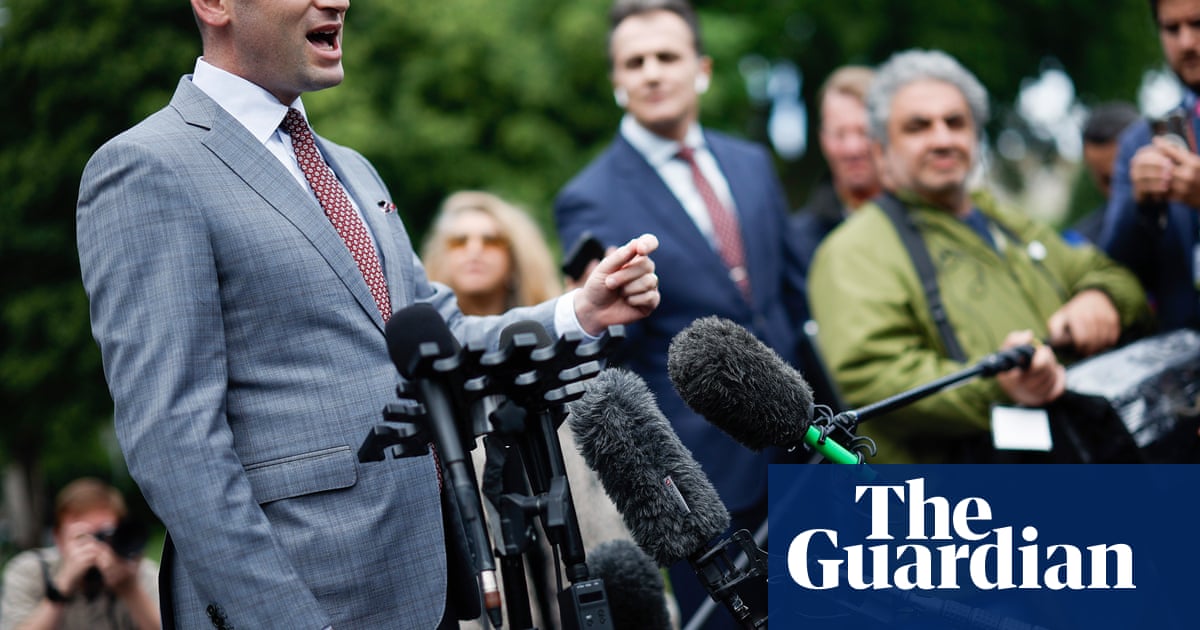TheTrump administrationis considering suspending the writ of habeas corpus, the legal right to challenge one’s detention, Stephen Miller, a top White House adviser, said on Friday.
“The constitution is clear, and that of course is the supreme law of the land, that the privilege of the writ of habeas corpus could be suspended in time of invasion. So that’s an option we’re actively looking at. A lot of it depends on whether the courts do the right thing or not,”Miller saidto a group of reporters at the White House.
The US constitution says: “The Privilege of the Writ of Habeas Corpus shall not be suspended, unless when in Cases of Rebellion or Invasion the public Safety may require it.” The writ of habeas corpus has only been suspendedfour timesin US history, most notably by Abraham Lincoln during the civil war. It was also suspended during efforts to fight the Ku Klux Klan in the 19th century in South Carolina, in the Philippines in 1905 and after Pearl Harbor.
Suspending habeas corpus would be an extremely aggressive move that would dramatically escalate the Trump administration’s efforts to attack the rule of law in American courts as it tries to deport people without giving them a chance to challenge the basis of their removals.
Miller, long known for his far-right positions on immigration, has sought to deploy a maximalist approach in carrying out mass deportations. The US government has already producedlittle evidenceto justify immigrant deportations and in some cases has sought to remove students in the United States legally for expressing their views, specifically support for Palestinians.
Many of the immigrants that the Trump administration has moved aggressively to deport – includingMahmoud KhalilandRümeysa Öztürk– have filed habeas petitions challenging efforts to deport them.
The administration has already attempted to deport people without due process by invoking the Alien Enemies Act, an 18th-century law that allows the president to do so in a time of war.
The Trump administration has justified its actions by arguing that the US is under “invasion” byTren de Aragua, a Venezuelan gang. Multiple judgeshave rejectedthe idea that the United States is under invasion and tried to halt the removals.
But, while courts have tried to stop the administration’s efforts to unlawfully deport people, Trump has attacked judges for ruling against him and in some casesopenly defied the courts.
